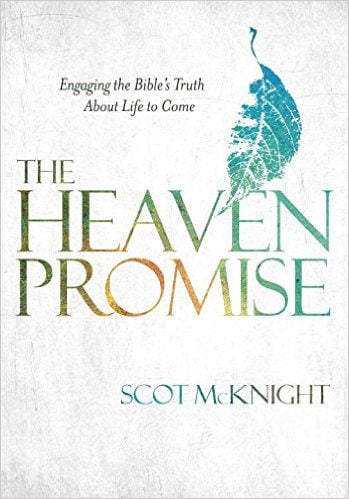 The very claim Christians have always made is that at some day God will judge us all. Every.last.one.of.us. The great, last judgment. The question many have against that claim is this: Is it all that simple, that God will save the Christians and all the non-Christians will be banned from God’s good, eternal blessedness?
The very claim Christians have always made is that at some day God will judge us all. Every.last.one.of.us. The great, last judgment. The question many have against that claim is this: Is it all that simple, that God will save the Christians and all the non-Christians will be banned from God’s good, eternal blessedness?
Yet, I think this one of the great issues of our day — so great it has become politically incorrect (theologically, socially) to talk about a final judgment. No one who fights for justice today can abandon the hope for a final judgment without losing the foundation on which they stand. Two ironies: many who fight for final judgment betray the cruciform God whom they believe in while those who fight for justice too easily surrender the cosmic system of justice found in the final judgment theme.
The big one: Do you believe in a final judgment? Is it possible to hold the line next to Jesus and the apostles and deny a final judgment?
But many begin with Butler’s question above and that is the question Joshua Ryan Butler is asking and seeking to answer in his book The Skeletons in God’s Closet: The Mercy of Hell, the Surprise of Judgment, the Hope of Holy War.
Is the best way to put it this or this?
I believe in God and therefore in judgment.
I believe in judgment and therefore in God.
Joshua gets after the arrogance of so many who seem to know who is in and who is out and that they know they are themselves in and they seem to know names of those who are out.
Butler:
Jesus teaches us to expect surprise when it comes to who God judges, but he also teaches us to have confidence in who the judge is and why he judges. Our world is desperately in need of God to arrive and set things aright (114).
Once again, Joshua Butler has a teleology; this is no God will punish them sinners once and for all. No, this is a God who will make all things right. What Butler calls “God’s Home Makeover.”
So, why do we need judgment?
God judges the world to heal the world. We need God’s judgment because of the deception of appearances, the brutality of history, and the bondage of creation (120).
More: “IS HEAVEN RACIST? No, God’s judgment restores the nations from sin’s ruin, to himself and through himself to one another in his multinational, multicultural kingdom. Jesus is the Great Physician who heals the human social body” (132).
“God’s throwing a wedding and he wants the world to come. God’s judgment arises against those who don’t treat the wedding with the honor and respect it deserves: insiders who don’t take the invitation seriously and outsiders who try to bring their sin in with them. God’s wedding will reconcile the world” (146).
He asks: “HOW DOES GOD JUDGE THE WORLD RELIGIONS?” He answers: “God’s reconciliation is itself a judgment on the religions and ideologies of the world, inasmuch as they stand opposed to God’s reconciliation for the world” (183).
If the final judgment is a surprise, “DOES JESUS’ SURPRISE IN JUDGMENT MEAN THE CHURCH IS IRRELEVANT?” Butler: “By no means! It is precisely the church that Jesus weeds out of and gathers into. Jesus’ surprise in judgment magnifies rather than marginalizes, the church as his body and bride” (206).











